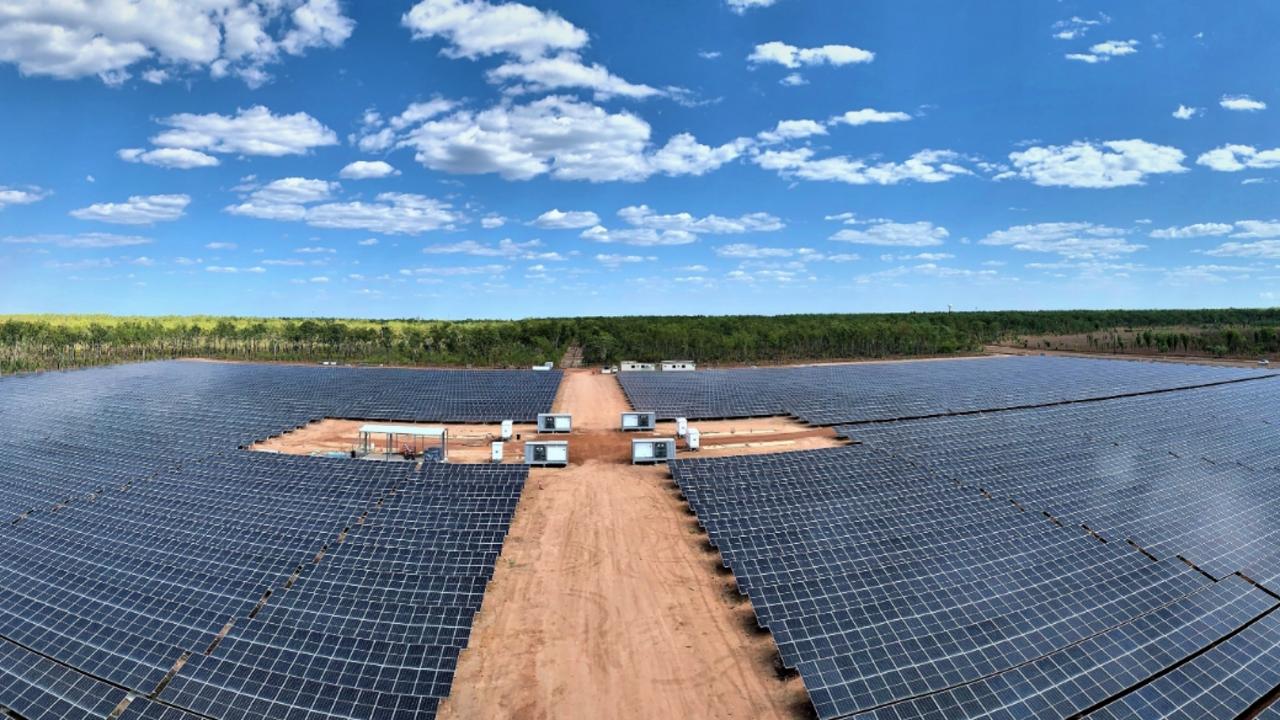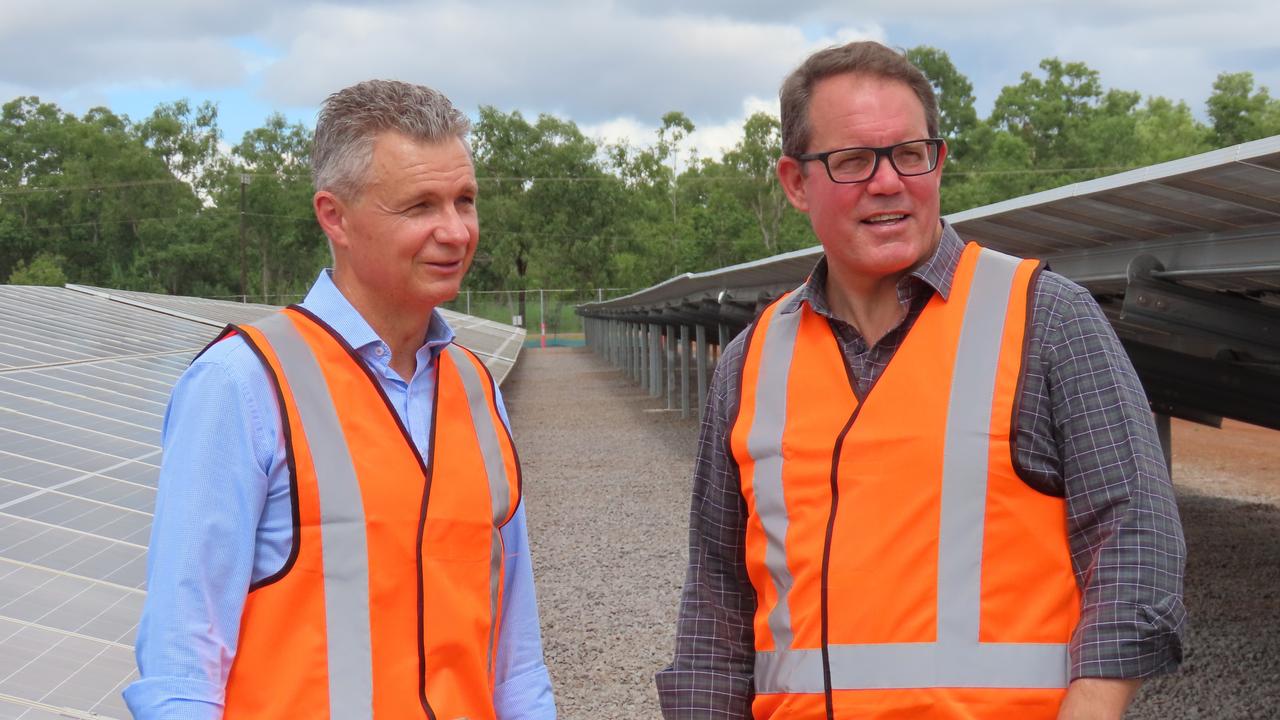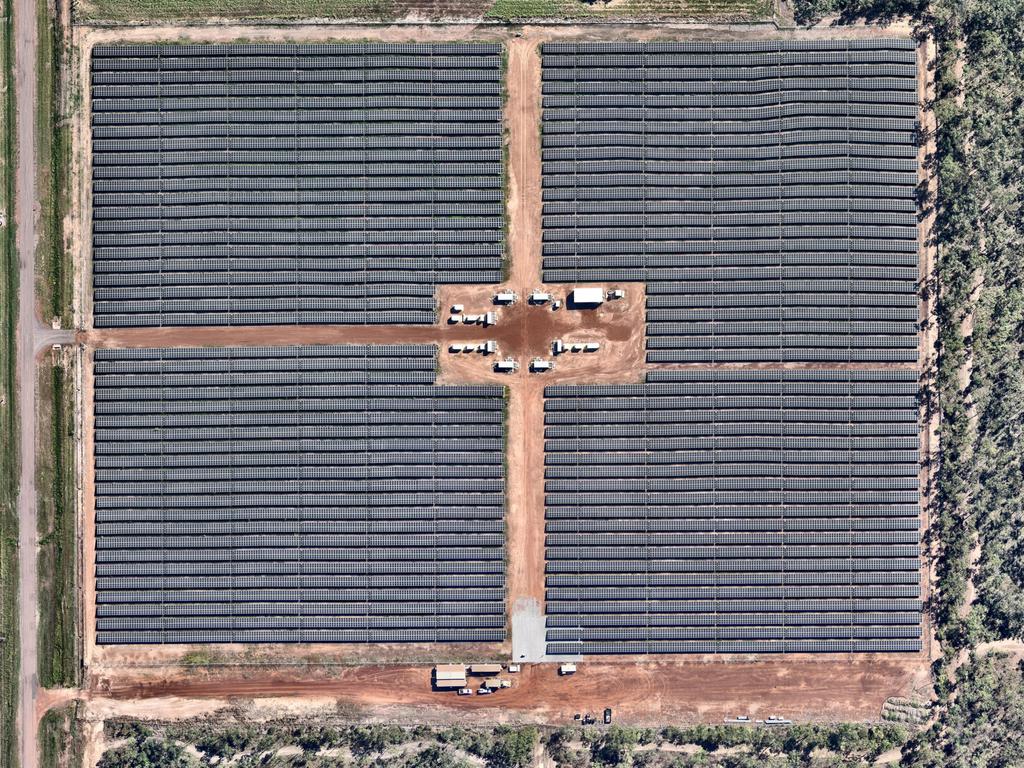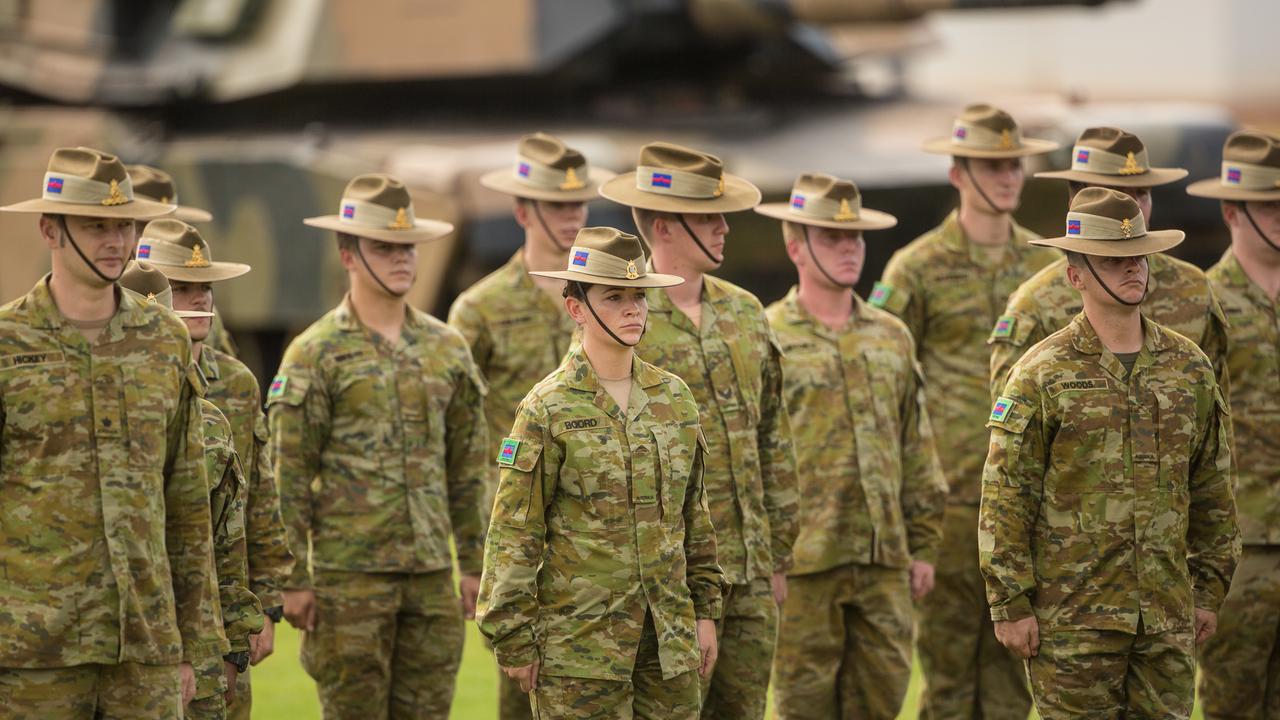Military bases to be less prone to hostile compromise by going off grid
Australian Defence Force bases will go partly off grid to be more energy self-reliant and less prone to hostile compromise.
Military barracks and bases will be moved partly off grid with a push from the Defence Strategic Review for greater energy resilience and less prone to hostile compromise.
Ten bases, including some of our most sensitises spy communication facilities, are earmarked for the partial shift off the national energy grid, giving them greater capability to avoid supply shortages or, in the event of conflict, being cut off.
The move to huge solar panel farms involving tens of thousands of panels on defence land will also take pressure off the civilian domestic energy supply, with the savings earmarked to fund new military acquisition.

Assistant Defence Minister Matt Thistlethwaite said the “expanded” renewable energy push, with an initial $64 million of new monies, would create jobs and was better for the environment but, critically, would make the bases strategically more self-reliant.
“More investment in renewables helps to deliver Defence savings on energy costs so that more can be invested in capability into the future,” he said.
“The beauty of this project is that it takes these barracks off the grid and it takes some of the strain off the broader domestic energy supply.”

The sprawling Northern Territory Robertson Barracks, that houses 3000 Australian Defence Force personnel and up to 2200 US Marines at any one time, would be one of the first to come online with 40 per cent of its power to come from the large-scale renewable energy generation project.
Also to use solar energy would be the sensitive joint spy base Australian-US Harold E. Holt Naval Communication Station in WA, RAAF Tindal, the Edinburgh Defence precinct in South Australia, and even Defence Russell Headquarters complex in Canberra.


The Defence Strategic Review, to be made public in coming weeks, is flagging a huge push for sovereign capability, away from global supply chains which, in the event of conflict, could be cut off.
Critically it is understood to flag among sweeping acquisition of AUKUS pact nuclear-powered submarines, new more versatile warships, long range missile stockpiles and Infantry Fighting Vehicles. But also greater energy resilience, including power generation and fuel dump supplies.
The renewables program now being rolled out aims to deliver 60 megawatts of solar energy and 25 megawatt hours of battery energy storage enough to power 15,000 average civilian households each year.

Mr Thistlewaite said the military capabilities of the NT as the country’s first line of defence for the north was a priority for self reliance and energy resilience.
“What I’ve been seeing is an increase in the capability to Defence bases here in the Northern Territory and an increase in the personnel and that will continue into the future,” the minister said during a tour of Roberston.
“The Defence Strategic Review has been handed to the Prime Minister and the Defence Minister, they’ll work through the government’s response … we envisage that the Top End and the Northern Territory in particular is going to continue to be vitally important to the nation’s defences.”
Defence is the largest landowner in Australia with 70 bases.
More Coverage
Originally published as Military bases to be less prone to hostile compromise by going off grid




